Introduction
Escape from Tarkov isn’t just about weapons, gear, and combat. It’s a game of high tension, constant pressure, and psychological warfare. Players need to manage stress, anticipate enemy actions, and manipulate situations to gain an advantage.
In this article, we will explore the psychological aspects of Tarkov and how understanding human behavior can help you outsmart your enemies. Whether you’re dealing with players in PvP combat or AI Scavs, mastering the psychology of Tarkov can make the difference between life and death.
The Mindset of a Tarkov Player: Fight or Flight
One of the most intense psychological elements of Tarkov is the constant tension that players face. When you’re deep into a raid, with your loot bag full and the exit in sight, the pressure mounts, and your body shifts into a “fight or flight” response. How you handle this mental state can determine your success or failure.
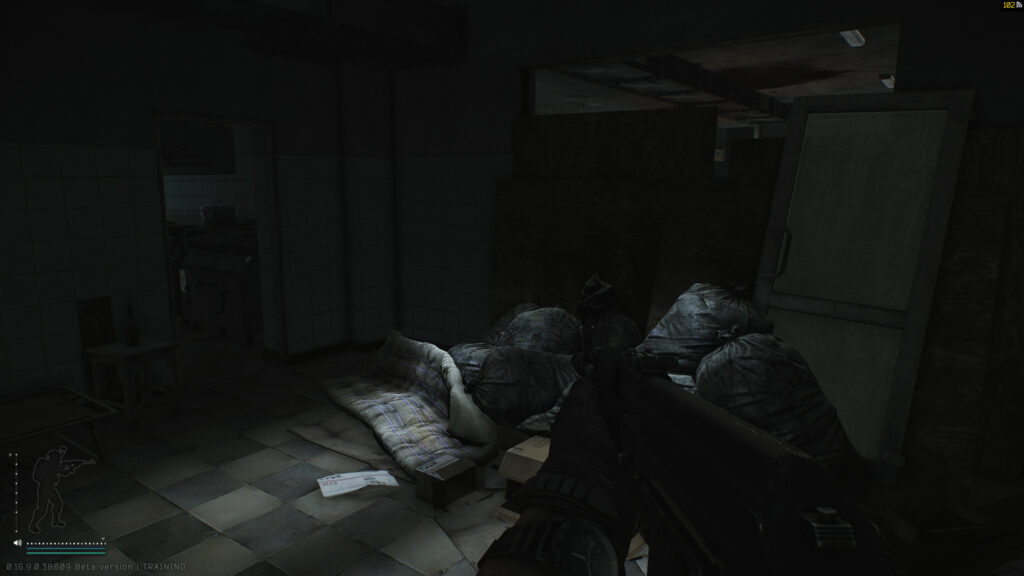
Understanding this fight-or-flight response and managing it is key. Players often freeze under pressure, making mistakes when they should be calm. The ability to stay cool, make quick decisions, and not panic is what separates the seasoned Tarkov player from the newcomer. This mental resilience will help you not only during combat but also when you need to escape, assess threats, and make calculated risks.
Anticipating Enemy Behavior: Predict and Manipulate
Tarkov is all about predicting and manipulating your enemies. By reading your opponents’ body language, behavior, and movement patterns, you can often anticipate their next move. This doesn’t just apply to players — it also applies to AI Scavs and bosses.
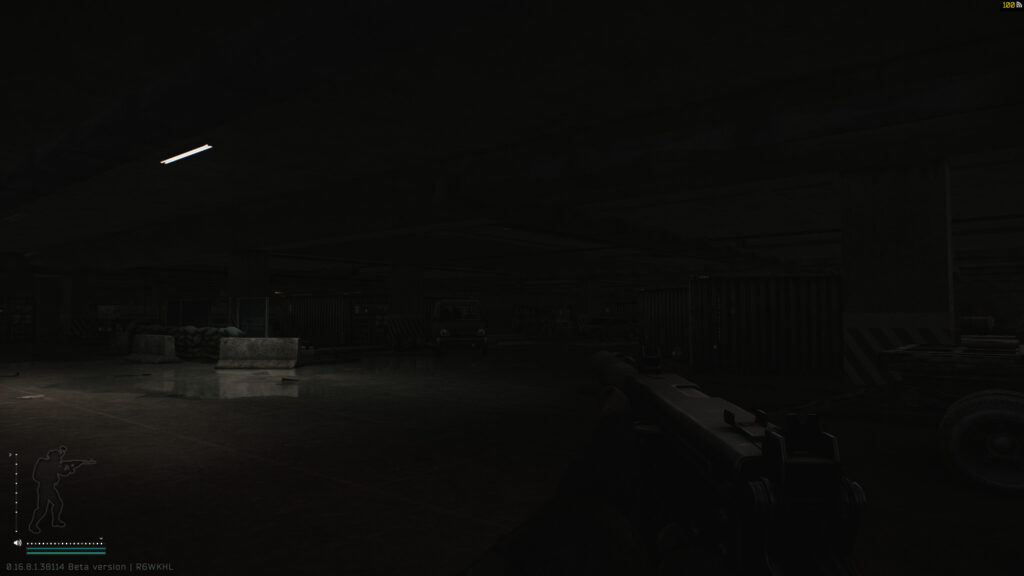
Players who are aggressive and rush into combat may show patterns in their behavior. They often sprint around corners, fire recklessly, or overcommit to fights. You can use this information to predict where they might be or what they might do next. On the other hand, players who are more cautious may take cover often, peek slowly, and use the environment to hide their position. Understanding the enemy’s psychological profile allows you to adjust your strategy to outsmart them.
Manipulation in Tarkov isn’t always about deception, though it certainly plays a role. It can also mean drawing players into traps by acting predictably, baiting them into an area where you can surprise them. You can bait a player into thinking you’ve retreated, only to ambush them once they let their guard down.
Dealing with Stress: Mental Fortitude in Tarkov
Tarkov’s extreme realism and difficulty push players to their limits. Whether you’re caught in a firefight or stuck in a tense situation, managing your stress and keeping a level head is essential. High levels of stress can cloud judgment and lead to reckless decisions. However, when you manage stress effectively, you can think clearly and make more strategic choices.
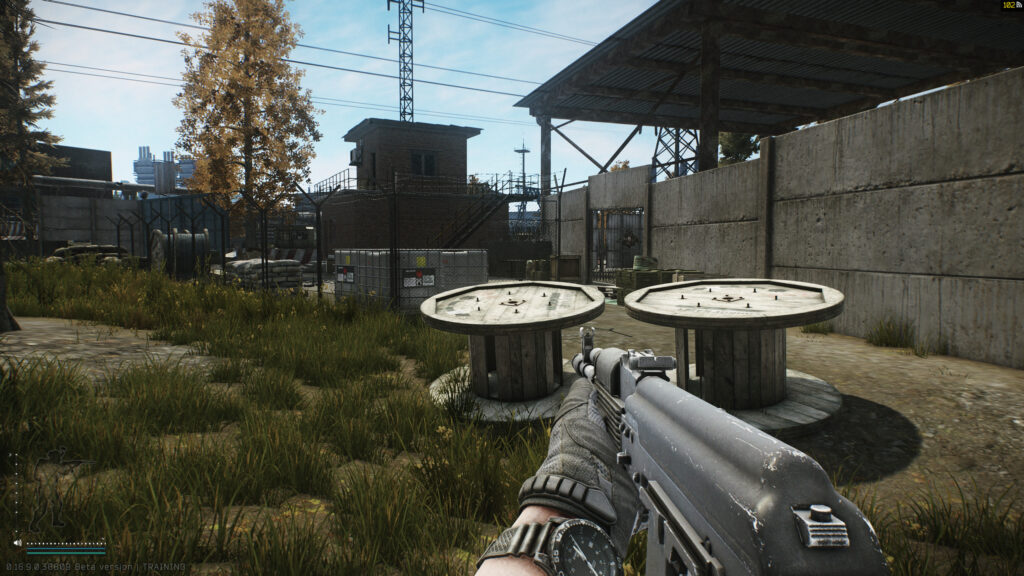
One of the best ways to deal with stress is through practice. The more familiar you are with the game’s systems, maps, and combat mechanics, the easier it is to stay calm under pressure. The psychological aspect of survival in Tarkov is about honing your mental fortitude, so when things get tense, your body and mind automatically default to effective tactics.
Playing the Long Game: Patience and Strategy
Tarkov is a marathon, not a sprint. Unlike traditional shooters, Tarkov requires patience, planning, and long-term strategy. Rushing through a raid can often result in unnecessary losses, as players tend to overestimate their ability to handle multiple threats or underestimate how long it takes to extract.
Learning to play the long game involves taking your time, not rushing into fights, and constantly evaluating risks. It also means being patient with your loot and choosing the right opportunities to engage. A good player knows when to fight and when to retreat, and they have the mental discipline to make those choices without panic.
Using Mind Games: Bluffing and Deception
One of the most subtle psychological tactics in Tarkov is bluffing. Much like in poker, bluffing can be used to mislead other players into thinking you’re more dangerous or more vulnerable than you really are. If you hear an enemy coming, you can use sound manipulation to mislead them about your location. For example, firing a shot from one direction and then quickly moving to another can create confusion and force the enemy to make hasty decisions.
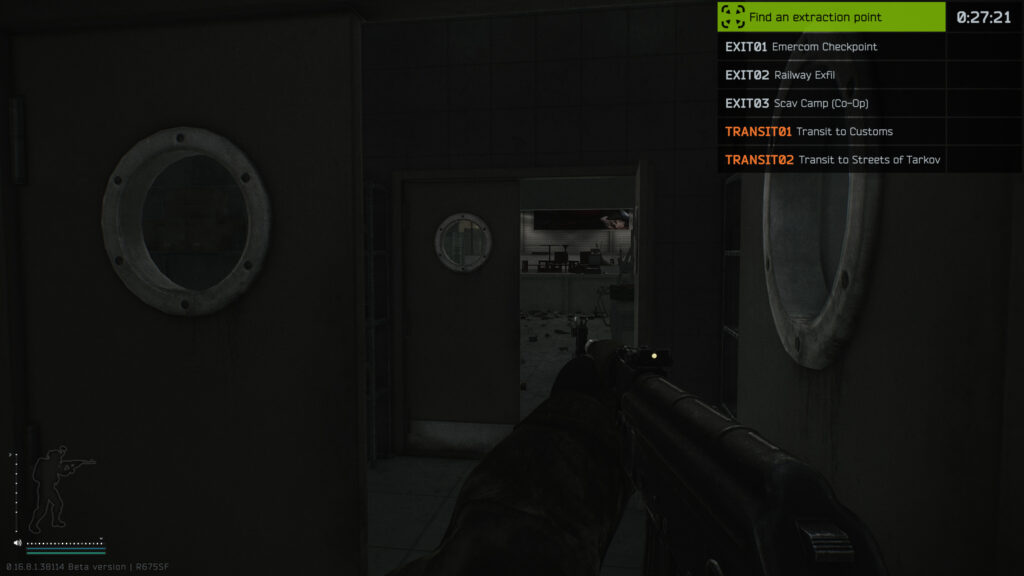
Deception also plays a role in interactions with Scavs. You can approach them as a Scav, blend in with the environment, and then surprise enemy players when they let their guard down. Being unpredictable is key, as players who can’t figure you out are more likely to make mistakes and become easy targets.
Conclusion
Escape from Tarkov is a game that requires more than just shooting accurately — it’s a game that tests your mental strength, ability to anticipate enemies, and skill in manipulating the environment and other players.
By understanding the psychology of Tarkov, from managing stress to playing the long game, you’ll be able to outsmart your enemies and increase your chances of survival. The mental aspects of Tarkov are as important as your shooting skills, and with practice, you can turn the tide of battle in your favor using only your mind.

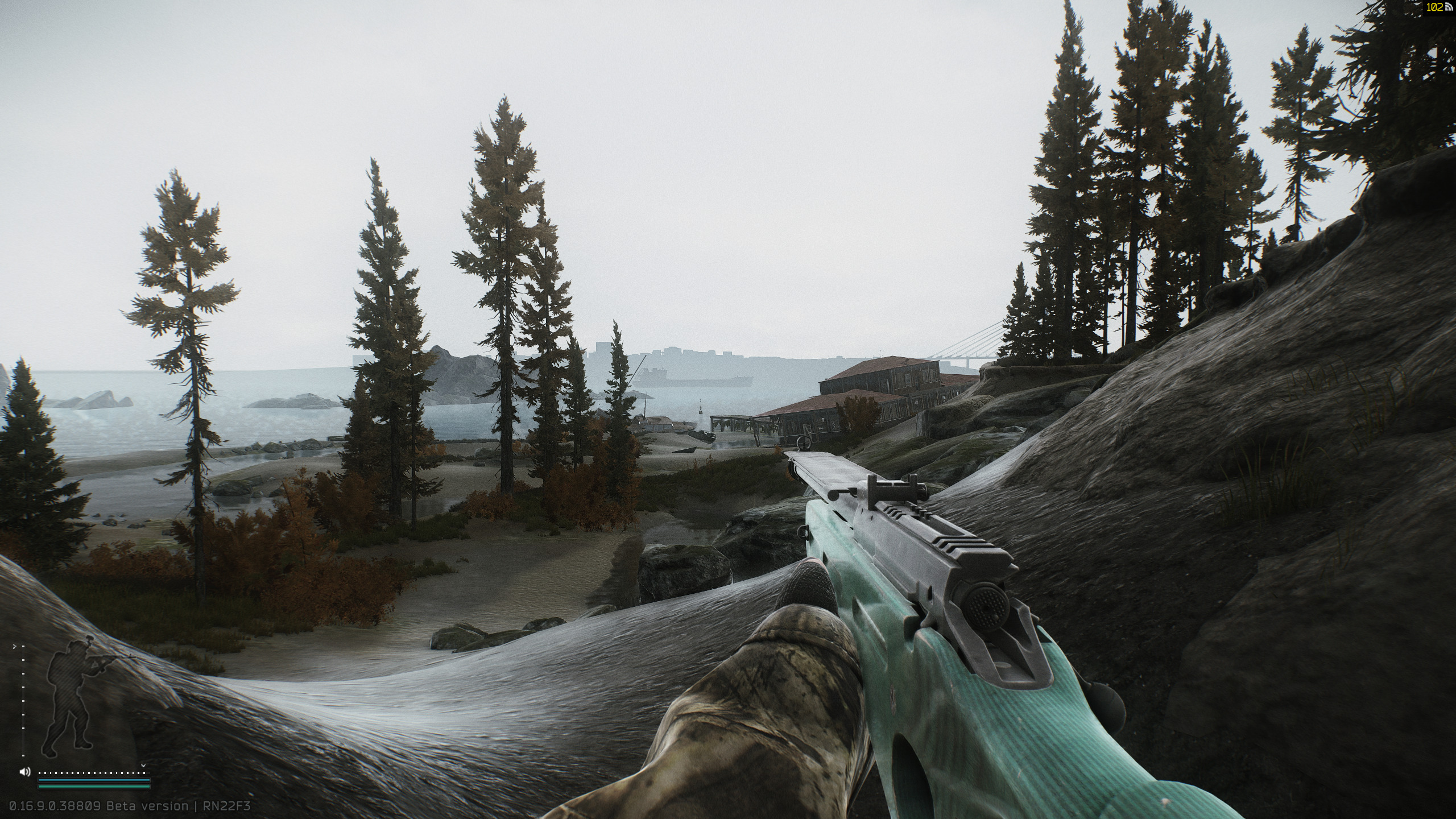
Leave a Reply